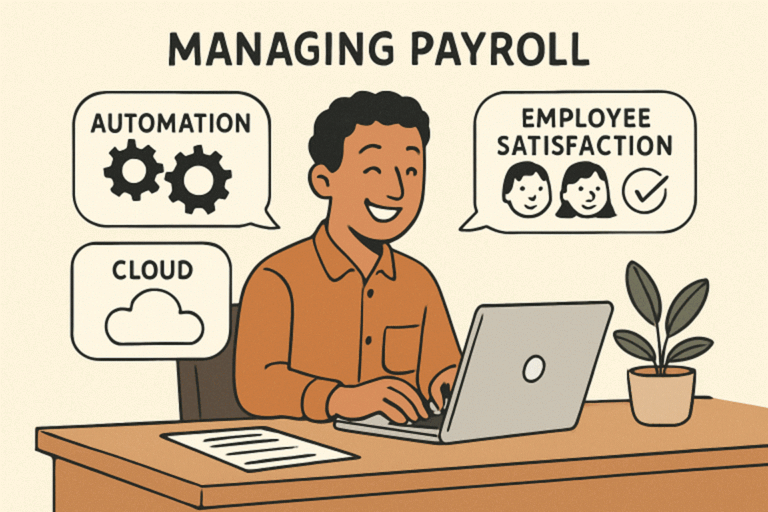Navigating Corporate Complexity: How Executive Coaching Builds Strategic Thinking
Corporate environments are increasingly marked by rapid change, global challenges, and decision-making under pressure. In this fast-paced climate, leaders must do more than manage operations; they must think strategically, anticipate disruption, and lead with vision. This is why executive coaching in Miami is becoming a critical asset for professionals aiming to strengthen their strategic thinking and adapt to growing complexity with confidence.
Moving from Management to Strategic Vision
Most executives begin their careers with technical expertise and strong operational skills. However, as they ascend into senior roles, the challenges shift. Managing people and processes gives way to guiding long-term vision, evaluating market conditions, and positioning the company for future success.
Executive coaching bridges this transition. Through structured sessions, leaders develop the mindset and skills to view problems from a broader lens. They begin to prioritize foresight over firefighting and planning over reaction. Coaches work with clients to reframe challenges as opportunities and align decisions with long-term outcomes.
Identifying Blind Spots and Building Awareness
One of the most impactful aspects of executive coaching is the development of self-awareness. Strategic thinking starts internally with clarity around personal leadership tendencies, communication style, and how decisions impact others.
Coaches help uncover cognitive biases, gaps in leadership style, and blind spots that may hinder performance. This process encourages leaders to approach problems with humility and openness, enhancing their ability to lead across diverse teams and navigate complex political landscapes within organizations. Greater self-awareness also improves decision-making quality. Leaders become more confident in high-stakes environments because they understand how their instincts align or conflict with organizational goals.
Enhancing Decision-Making Under Uncertainty
Corporate complexity often brings ambiguity. Leaders are expected to act quickly even when data is incomplete or the path forward is unclear. Coaching helps build the muscle needed to handle these situations effectively. Through simulations, reflective questioning, and scenario planning, executives learn to approach uncertainty methodically. They evaluate potential risks, weigh options objectively, and make decisions that reflect both short-term priorities and long-term strategies. This level of preparation creates confident, competent leaders who are trusted by their teams during volatile periods.
Strengthening Communication and Influence
Strategic thinking is ineffective if it cannot be clearly communicated. Executives must rally teams, align departments, and represent the organization externally. Coaching addresses the art of influence, how to craft messages that resonate and lead conversations that move people toward action. Coaches work on refining tone, storytelling, and active listening skills. These elements help leaders communicate ideas with clarity, adjust messaging for different stakeholders, and foster collaboration across functional lines. As communication improves, so does the leader’s ability to inspire trust and commitment.
See also: Life Insurance Singapore: A Guide To Secure Your Financial Future
Measurable Business Outcomes from Coaching
The true test of any executive development initiative lies in its business impact. Executive coaching delivers results across key performance indicators from revenue growth and team performance to innovation and organizational resilience. In many organizations, the impact of executive coaching on company performance is well-documented. Metrics such as profitability, employee engagement, and strategic execution often improve when leaders are supported through coaching. This performance uplift isn’t coincidentally the result of intentional development tied directly to corporate objectives.
Developing Resilient, Future-Ready Leaders
Strategic leadership is not a static skill; it evolves alongside the organization and the world around it. Coaching ensures that leaders are not only capable today but also prepared for what lies ahead. It cultivates resilience, curiosity, and adaptability traits essential for navigating global markets, digital disruption, and workforce transformation. Whether preparing for succession, scaling operations, or entering new markets, coached executives are more likely to thrive in uncertain environments and drive innovation that sustains competitive advantage.
Conclusion
Executive coaching is more than a leadership perk; it is a powerful tool for developing the strategic mindset required to lead in complex corporate landscapes. It empowers leaders to step back, think critically, and guide their organizations through uncertainty with clarity and purpose. By investing in this kind of support, companies not only build better executives but also create a stronger foundation for long-term success.






